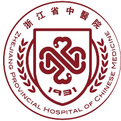
In the solar term of Xiaoman (小满),
all things grow, yet they are not fully ripe.
Wheat reaches this stage of Xiaoman but is not yet fully mature,
hence the name.
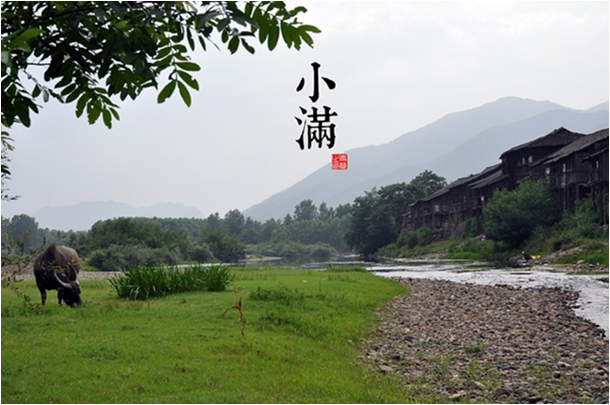
During the Xiaoman solar term, temperatures rise significantly. How can we healthily cope with the hot summer?
Firstly, the ancients believed that a strong body could withstand both cold and heat, indicating that exercise is essential. Naturally, in summer, we should follow the pattern of longer days and shorter nights, waking early and sleeping late, with exercise best done in the morning. Suitable activities include walking, jogging, and practicing Tai Chi. Secondly, we can enhance our constitution through dietary adjustments. What to eat and how to eat will be explained by the medical staff of the Zhejiang Provincial Hospital of Traditional Chinese Medicine’s Qiantang District.
Health Education by TCM Practitioners
Seasonal Eating
As we enter Xiaoman, the weather becomes hotter and rain increases, leading to a combination of “heat” and “dampness,” which can weaken the spleen and stomach. In TCM theory, this condition is referred to as excessive “dampness evil.” During this time, it is best to focus on light and refreshing foods, avoiding excessive spicy and heat-inducing foods, and not indulging in cold foods that can accumulate dampness. Foods that clear heat, relieve summer heat, and tonify Qi and nourish Yin are recommended.
Health Soup
Job’s Tears Soup (薏苡仁汤)

 Health Tea
Health Tea
Lily Chrysanthemum Tea (百合菊花茶)
Ingredients: Mint, Hangbai Chrysanthemum (杭白菊), Job’s Tears (薏苡仁), Lily (百合)
Preparation: Soak the lily and Job’s Tears, then add Hangbai Chrysanthemum and mint, boil with water in a flower tea pot.
Effects: Clears heat and relieves summer heat, strengthens the spleen and calms the mind.
Suitable for constitution: Harmonious constitution, damp-heat constitution, Qi stagnation constitution.
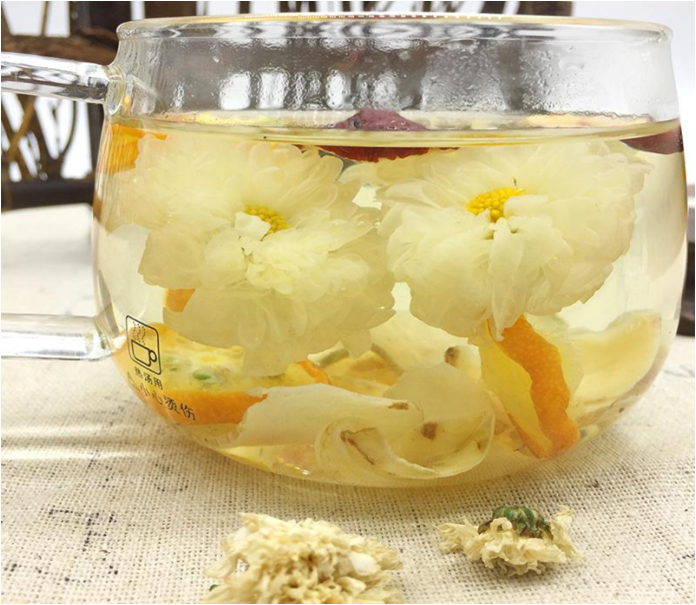
 Health Porridge
Health Porridge
Eel Porridge (鳝鱼粥)
Ingredients: 200g eel, 30g Job’s Tears (薏苡仁), 30g Chinese Yam (淮山药), 3 slices of ginger, appropriate amount of japonica rice and salt.
Preparation: First, clean and cut the eel into small pieces, then add it to a clay pot with Job’s Tears and Chinese Yam. Add an appropriate amount of water, bring to a boil over high heat, then add the japonica rice and simmer on low heat. Chop the ginger, and when the eel is tender and the porridge is ready, add the ginger and salt, stir well and cook for a moment.
Effects: Tonifies Qi, strengthens the spleen, dispels dampness, and promotes urination.
Suitable for constitution: Harmonious constitution, phlegm-damp constitution, Qi deficiency constitution.
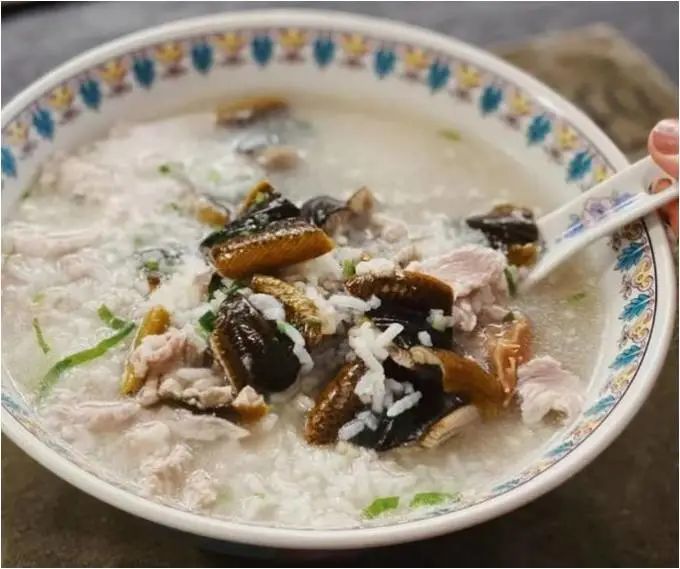
 Health Dish
Health Dish
Celery with Tofu (芹菜拌豆腐)
Ingredients: 150g celery, 1 block of tofu, appropriate amount of salt, peanut oil, and chicken essence.
Preparation: Clean the celery and cut it into small sections, cut the tofu into small cubes, and blanch both in boiling water. After blanching, cool them in cold water and drain. Finally, mix the celery and tofu with appropriate amounts of salt, peanut oil, and chicken essence.
Effects: Promotes urination, detoxifies, calms the liver, and clears heat.
Suitable for constitution: Phlegm-damp constitution, damp-heat constitution.
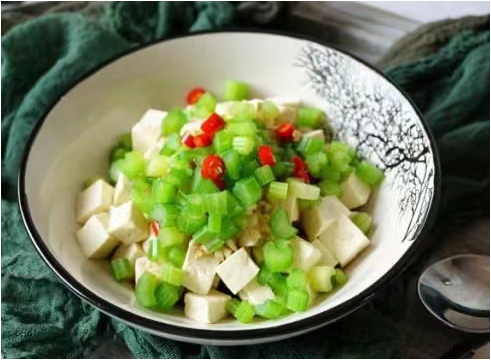
Introduction to the TCM Classic Ward of Zhejiang Provincial Hospital of Traditional Chinese Medicine
The TCM Classic Ward of Zhejiang Provincial Hospital is located in the Qiantang District, Ward 319. The department adheres to the philosophy of returning to classic theories and clinical thinking. Guided by renowned TCM masters such as Ge Linyi, Chen Yi, Xu Zhiying, and Tang Jun, the department applies classic theories to clinical practice, integrating the academic experiences of famous TCM practitioners to enhance clinical efficacy and establish the “Zhejiang School” of TCM classics.
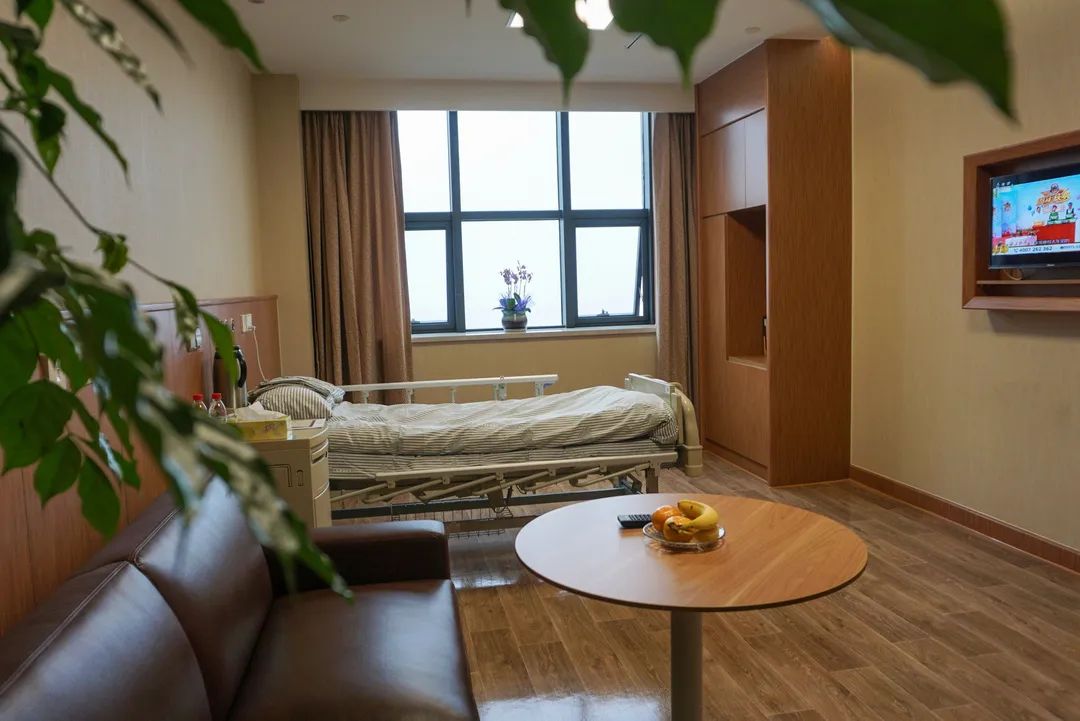
The department adheres to the principle of “Chinese medicine first, followed by Western medicine, and integration of both,” emphasizing TCM as the primary approach. It conducts standard TCM consultations and documentation, placing a high emphasis on the use of classical prescriptions, with a usage rate exceeding 80%. Utilizing comprehensive TCM therapies, it combines various safe and effective specialty treatments based on patients’ conditions.

The department is currently established as an independent first-level department, with 27 approved beds and a business area of 1800 square meters. The TCM Classic Ward has 12 physicians, including 6 with senior titles and 3 with intermediate titles, covering various specialties such as respiratory, digestive, nephrology, liver disease, oncology, pediatrics, and geriatrics, with a TCM professional team of 10. Under safe fire conditions, it has established an independent herbal decoction room and two decoction stoves, restoring the original decoction methods of the Treatise on Cold Damage to improve diagnostic and therapeutic effects, showcasing TCM characteristics and enhancing the “TCM flavor” of the Classic Ward. Additionally, the department is equipped with two specialty treatment rooms and a sunroom to provide patients with cupping, gua sha, herbal fumigation, herbal foot baths, five-sound therapy, and guided exercises.
Appointment Phone:
Doctor’s Office: 86008691
Nurse’s Office: 86008690
WeChat Official Account of the TCM Classic Ward

Schedule for TCM Internal Medicine Expert Outpatient Service in Qiantang District

▲ Provincial-level famous TCM practitioners ※ Chief physicians, chief TCM physicians, professors ★ Open every other week
(Click to view a larger image)
Public Transportation Tips for Qiantang District

Metro Line 1:Wenze Road Station, Exit D
Bus Routes:
Express Bus B1 Section 2–Stop (South Entrance of Ninth Street);
140, 384/384(M), 3175, 104–Stop (Ninth Road and Sixth Street Intersection);
388, 3175–Stop (Ninth Road and Sixth Street Intersection);
104, 140, 264, 320, 399, 3190, and the special line from Xiasha to Yancang–Stop (Fourth Street and Ninth Road Intersection).
(The above routes are for reference only; please refer to the routes published by the bus company for specifics)
Contributors: Zhu Xiaoli
Editor: Zhu Yiying
Reviewers: Wang Jianping, Sun Min
Seasonal Eating
Like and View

